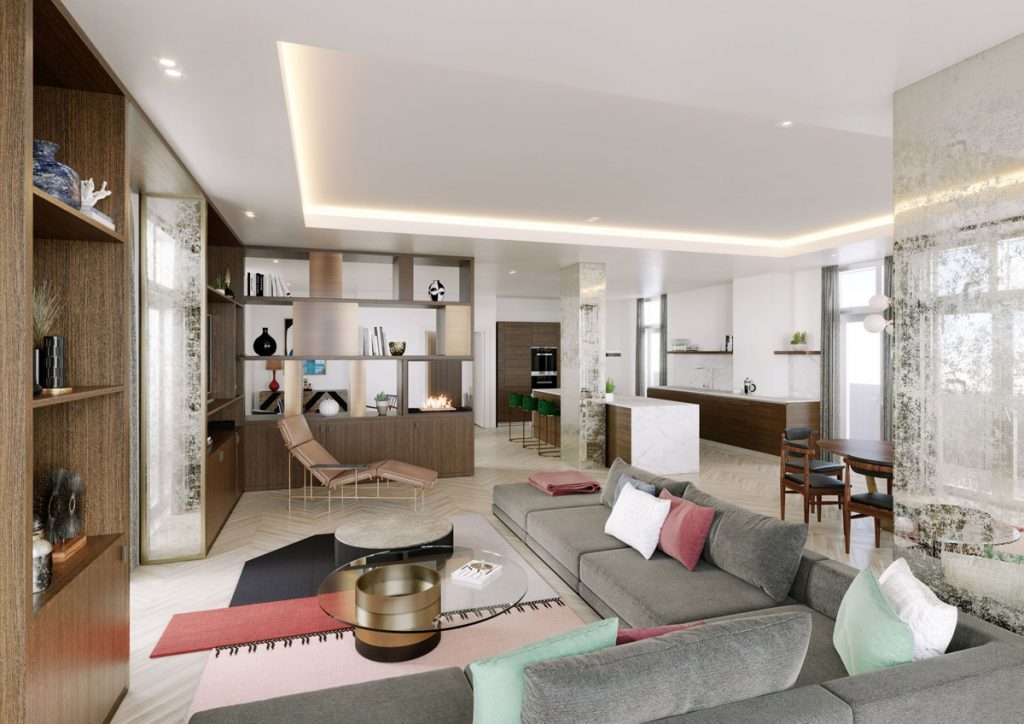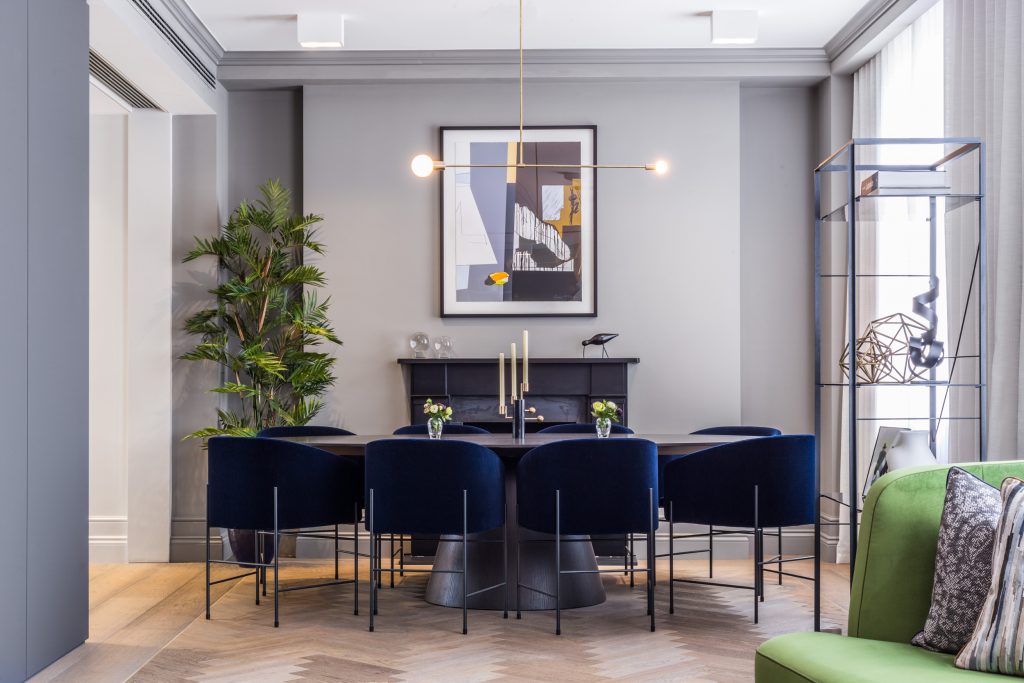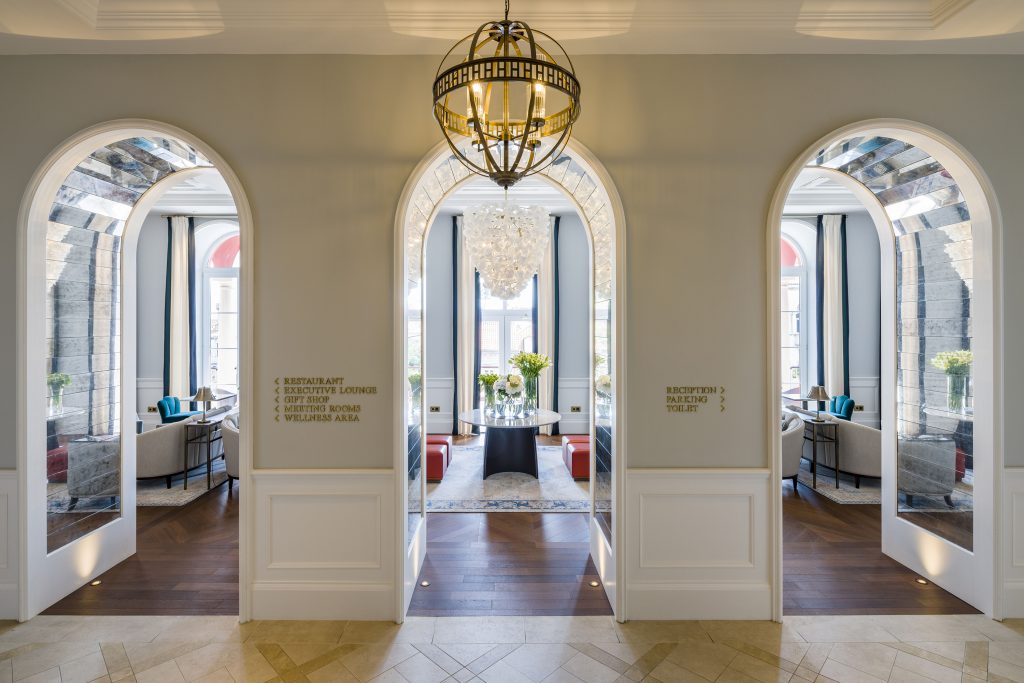An interior designer can charge design fees using several methods. Some, SBID do not approve or recommend. Explore recommended best practice options which SBID encourage ALL interior designers to adopt.
How much does it cost to commission an Interior Designer?
Most designers save a client money. It will rarely cost more to commission a professionally qualified Accredited designer for a home than it would to ‘do it yourself’. Discounts passed to clients often outweigh the Design Fees*. A commercial project investment would rarely commence without a recognised and compliant designer(s) appointed. The wrong choice and decisions from designers unrecognised by the industry accrediting body may incur additional costs, delay and sometimes increase legal and financial risk. You can see a selection of the scale and quality of projects created by some SBID Design Professionals, here.
Many designers offer their services free but clearly their fees are hidden. SBID advocate transparency so expect to pay a design fee to employ the services of an SBID Accredited Design Professional. You will have reduced the risk of error by instructing a qualified designer. Becoming an SBID Accredited Designer requires a minimum of three years training (the length of a UK degree course), as well as three and a half years’ work experience.
*Designers who do NOT charge a Design Fee but retain the trade discount is NOT recommended by SBID as the client may receive products where best discounts are available rather than the most appropriate product recommendations for the project.
Salaries of an Interior Designer
Level of Practice:
Entry Level Designer
A Mid-weight Designer
A Senior Designer
Annual Salaries (approx.)
£19,000 - £23,000
£25,000 - £40,000
£50,000 - £70,000
*The salaries quoted are the medium taken from twelve months of generic advertisements. The fees quoted are neither an SBID endorsement nor a recommendation.
Like any industry, a celebrated Interior Designer will charge a premium rate which their reputation, work and expertise commands.
Explore SBID
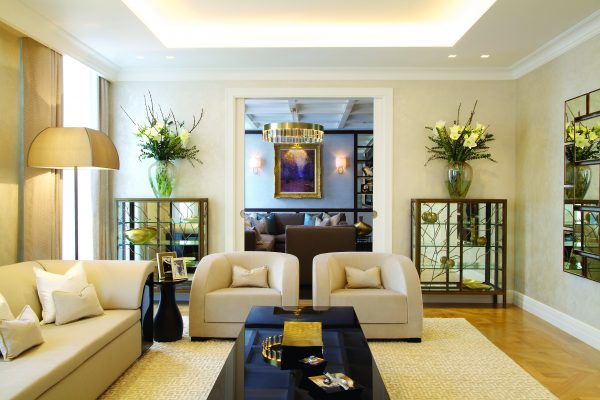
Accreditation
Accreditation helps you or your Practice demonstrate a level of expertise to clients, separating qualified professionals from social influencers and hobbyists.
Read More
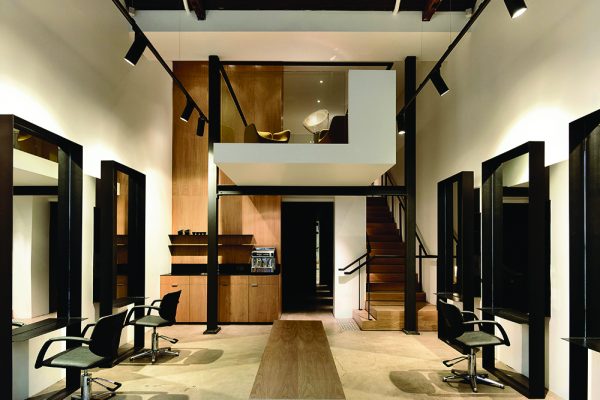
What does a designer do?
An interior designer’s role is to sell qualified advice for an interior space to provide ultimate safety, wellbeing and performance for its users intended purpose.
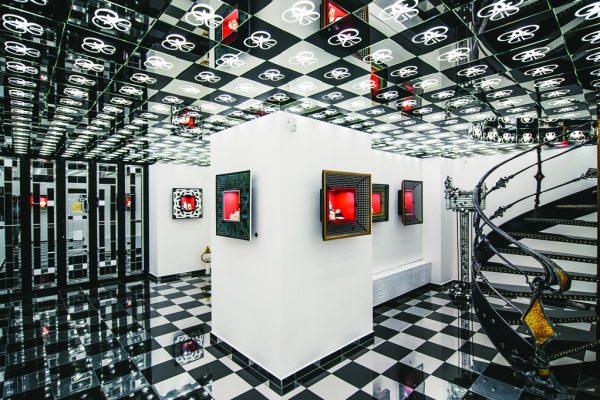
What makes SBID Accreditation different
We pioneered Accreditation as the highest level of competence defined by education, ongoing training (CPD) and experience. In doing so we protect the greater public.
